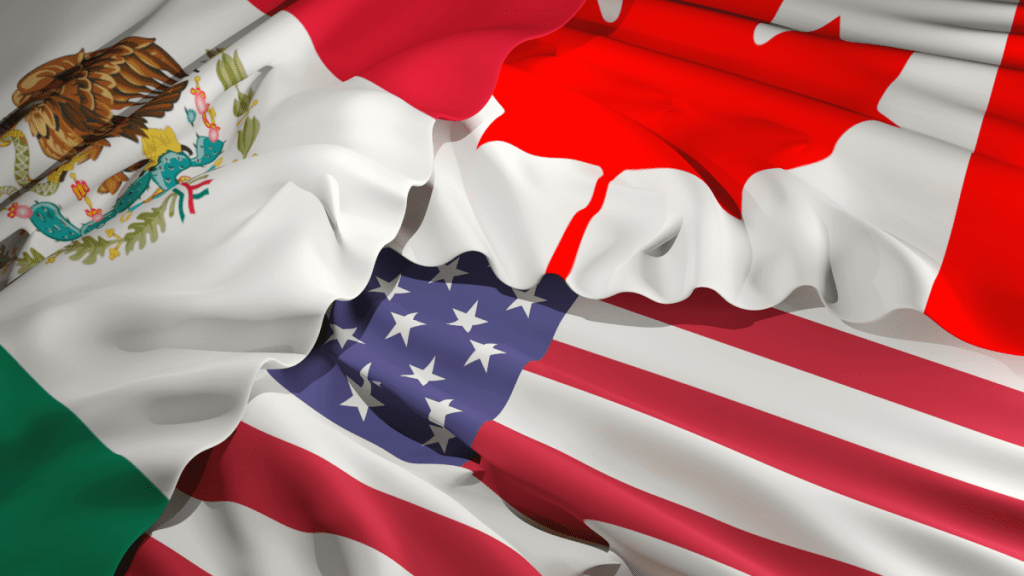The Agreement between Mexico, the United States and Canada (USMCA) establishes a Free Trade Commission, composed of ministerial-level government representatives from the United States, Canada and Mexico («the parties»).
The first meeting of the Free Trade Commission under the USMCA took place on May 17-18, 2021.
Following the meeting, a trilateral statement issued by the Trade Ministers of Canada and Mexico, and the U.S. Trade Representative reiterated their recognition that «trade policies must foster broad-based and equitable growth, spur innovation, protect our shared environment, and positively impact people from all walks of life.»
To this end, the Free Trade Commission meeting served as a forum in which all signatories recommitted «to fully implement, enforce and comply with the terms and high standards of the Agreement throughout the life of the USMCA.»
According to the U.S. International Trade Commission (USITC), during the Free Trade Commission meeting, officials from the three countries reviewed the work of the committees established by the USMCA and offered recommendations for future work.
Free Trade Commission
The committees, which have met virtually since July 1, 2020, include those on Rules of Origin and Origin Procedures; Textiles and Apparel Trade Issues; Trade Facilitation; Sanitary and Phytosanitary Measures; Technical Barriers to Trade; and Transportation Services.
There are also the committees on Financial Services; Intellectual Property Rights; State-Owned Enterprises and Designated Monopolies; Small and Medium-Sized Enterprises (SMEs); Competitiveness; Good Regulatory Practices; Agricultural Trade; Working Group for Cooperation on Agricultural Biotechnology; Labor Council; Environment Committee; and Temporary Entry.
The USMCA entered into force on July 1, 2020, replacing the North American Free Trade Agreement (NAFTA).
Thus, the new Agreement maintains the zero-duty tariff preferences that were in place under NAFTA, modifies the investor-state dispute settlement mechanism with respect to Mexico, and includes additional obligations covering, for example, labor rights, environmental protection, good regulatory practices and digital trade.
Unlike NAFTA, the labor and environmental obligations of the USMCA are fully enforceable under the agreement.

